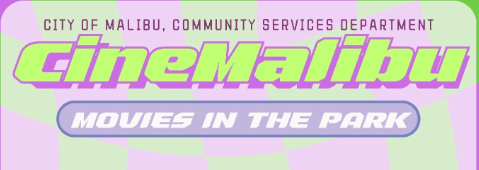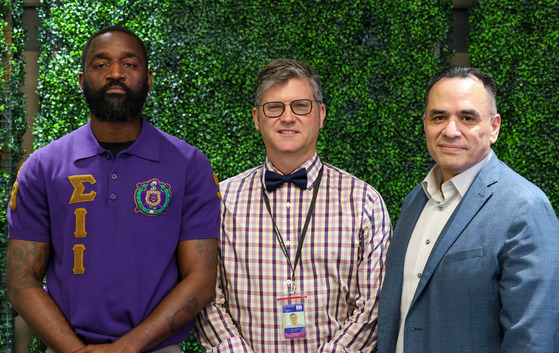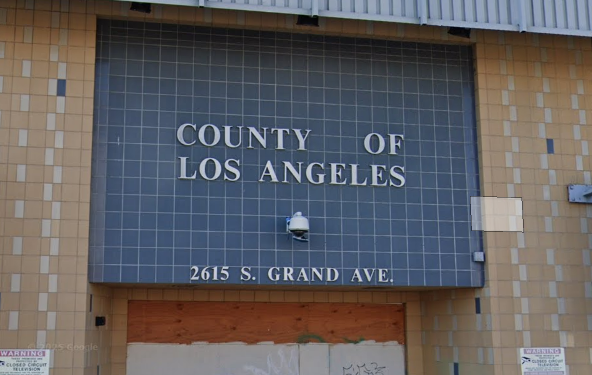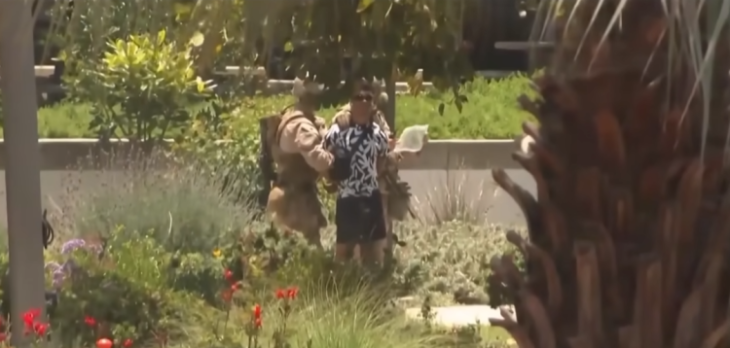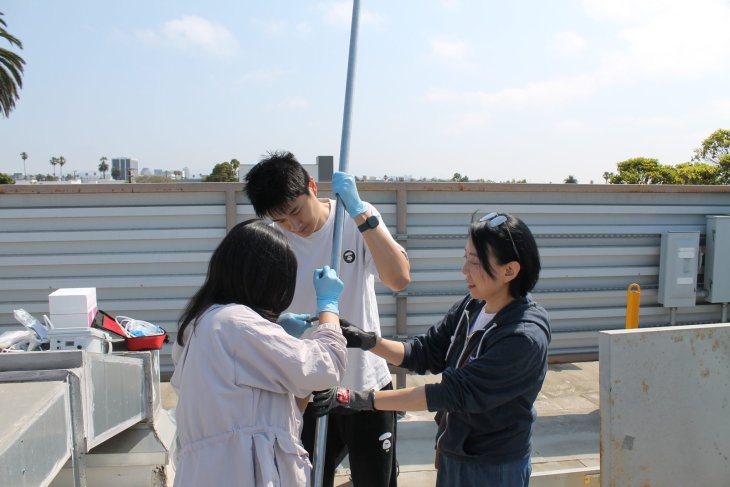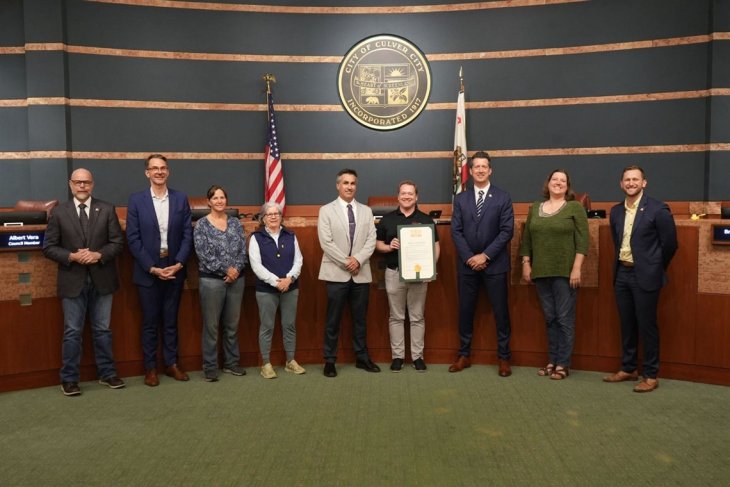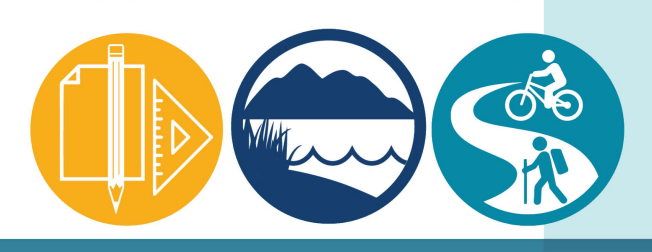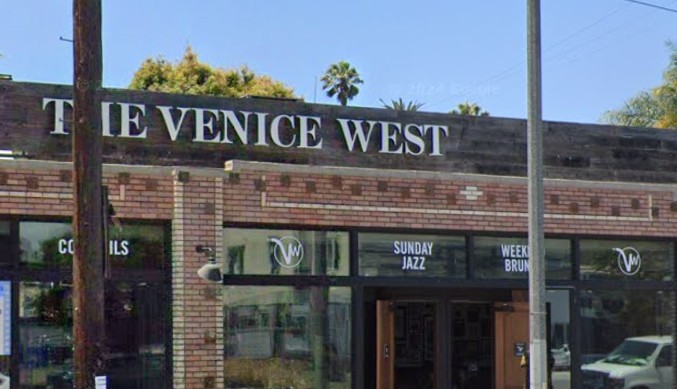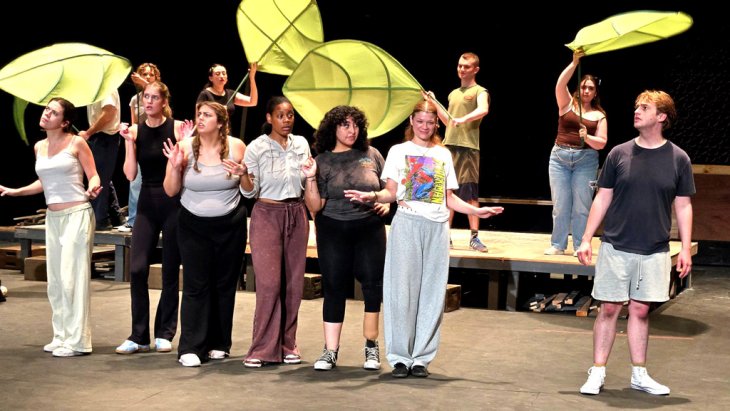By Guy Camilleri
If you are reading this from an actor, writer or director’s point of view (POV), more than likely you are familiar with these terms: Objective, Action, Obstacle, Intention, Need or Problem. As a non-actor, I imagine you can relate to the times in your personal and professional life as well when you have heard or used these words.
Today, I want to highlight the word problem, as it’s one of my favorite words to use in the studio because ‘without a problem, there is no conflict and without conflict, there is no scene, period.’ In every scene, our main character (Hero) is either moving closer to their goal or has moved away from their goal.
As an actor, the work is to identify the problem within the scene and then start exploring various tactics to solve it in spite of the literal and emotional obstacles preventing us from getting one step closer to the finish line.
In our daily lives, we are faced with problems all the time. And, like the hero in a scene in a movie, we can be our own best HERO and find tactics to solve the problem. Joseph Campbell talks about this in The Hero’s Journey, referring to it as “answering the call.”
How many times have you been faced with a problem and decided to either ignore it or walk away from it?
What separates life (off-stage) and life onstage is that what’s happening on stage is a heightened reality It’s not just reality; it’s heightened reality because the stakes are life or death (emotionally or literally) and as we’ve seen in the best stories told, these two can happen simultaneously!
Off-stage, we have the option to either deal with the problem, solve it or just walk away from it. But on the stage, there is another actor opposite us, and we can’t just abandon our fellow actor… well, unless the scene calls for it. But if it doesn’t call for that, then that means the actor has to dig deeper and find another tactic to solve the given problem (provided to us by the writer-director).
As an actor and as an acting coach, I like to approach each scene as a two-headed coin. On one side of the coin, you (the actor) have to address what is literally occurring in the scene and also what is happening to you on an emotional level (your feelings, interpretations, judgments, etc.) as a result of these words on a page. Then, you need to get down to business, honor the problem and start solving it on a moment-to-moment basis.
On the other side of the coin, you (the artist) have the opportunity to acknowledge what is literally and emotionally happening to you at the moment. Then, you need to decide if you are going to answer the call and honor your artistic integrity or will you deny it, dance around it or in some cases, walk away from it.
Are you putting your unique stamp on a scene or are you going to be a good soldier and do only that which you are told to do?
Honoring your artistic integrity (imagination, interpretation, point of view, feelings, choices, etc.) is the single most important thing you can do as an actor-artist for yourself and your colleagues, not to mention it’s a great to avoid a performance that is another cliché of a cliché.
Keep flipping that coin!


